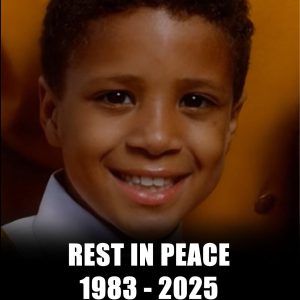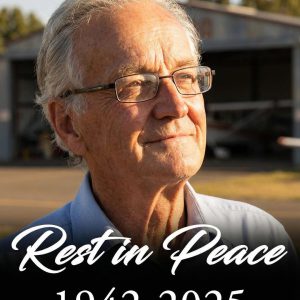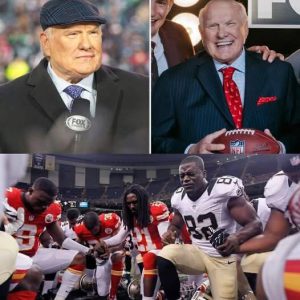Everyone told me to “accept it.” Guys our age take off, they said. They go off-grid, they ghost people, they come back when they feel like it. But my brother doesn’t ghost—especially not me. We share a phone plan. We share a dog. We shared everything that mattered. By week two I filed a missing-person report. The officer nodded, typed,...






https://t.me/s/Legzo_officials